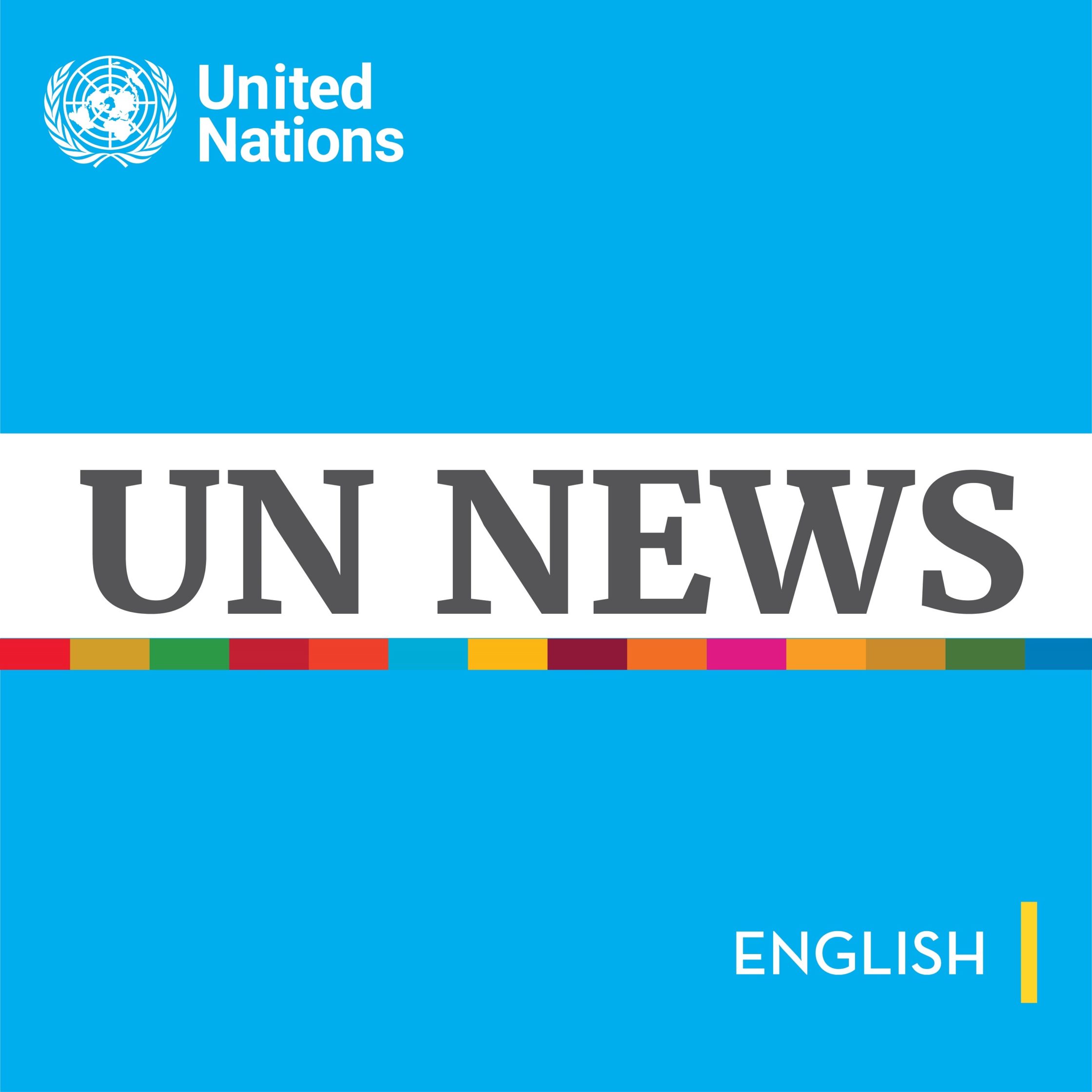
Some were workers, some teachers, some neighbours. Many ordinary people enabled the Holocaust simply by doing their jobs. Some made the choice to help, while others decided to join in with the persecution, betraying Jewish friends and classmates. But what “fuelled the Holocaust was antisemitism” which didn’t end with the defeat of the Nazis, and “continues today”, affecting all of society.
That’s according to Tad Stahnke, William and Sheila Konar Director of International Educational Outreach, part of the William Levine Family Institute for Holocaust Education, at the US Holocaust Memorial Museum. He was at the United Nations Headquarters in New York for the Holocaust Remembrance Week and spoke to UN News’s Ana Carmo.
Mr. Stahnke started by talking about the Memorial Museum’s exhibition “Some were Neighbours”, which examines the role of ordinary people in the Holocaust, and the variety of motives that influenced individual choices. The traveling exhibit will be on view at the UN in New York, until 23 February, and across the world through the UN Information Centres.